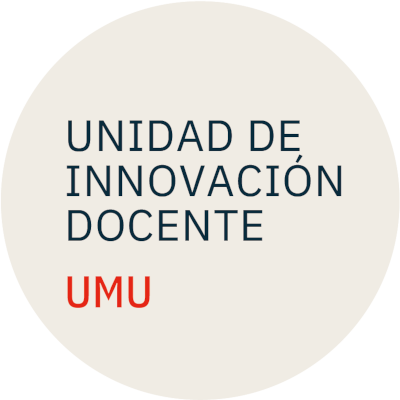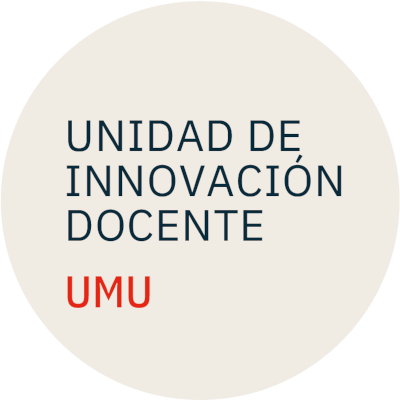Gastrointestinal Endoscopy in Small Animals (2012), 2014 Outstanding Course Award of Excellence (ACE)
Titulación
Nombre de la asignatura: GASTROINTESTINAL ENDOSCOPY IN SMALL ANIMALS
Código: 1469
Curso: Master (1st yr)
Tipo: Optative
Modalidad: Presential
Volumen de trabajo estimado del alumno: Each ECTS credit involves 25 h of work
Créditos ECTS: 5
Duración: 1st semester
Idiomas en que se imparte: Spanish
Grado:
Fecha: 10 feb 2019
Curso académico: 2012/2013
Profesorado
- Ignacio Ayala de la Peña
Departamento
Animal Medicine & Surgery
Prerrequisitos
Essential subjects: Anatomy, Physiology, Pathology, Propedeutics, General pathology, Internal Medicine, Image Diagnosis (Radiology & Ultrasound).
Fluency in english language is advisable.
Descripción
Gastrointestinal diseases are one of the most frequent clinical findings in small animal veterinary practice. Endoscopic technique is an accurate diagnostic method due to the possibility of obtaining biopsy samples in the different segments of the gastrointestinal tract.
The specific aim of this course on endoscopy is to teach students to use the endoscope, including biopsy sampling, for diagnosis. Besides, the most important gastrointestinal diseases will be described and relevant clinical cases will be presented, in order to teach the students how to manage them.
At the end of the course, students should be able to handle the endoscope and adequately understand the endoscopic technique, both for clinical and research purposes.
AIMS
We try to develop in the students the following aims:
- Technical skill with the use of this diagnostic mean (endoscopy).
- Correct use and understanding of specific vocabulary, and adequate management of information, including communication and information technologies (TICs).
- Develop a team-based atmosphere that allows collaborative teamwork in order to solve several clinical problems.
- Develop research skills in the students.
Metodología
Teaching will include the following:
- Theoretical lectures to develop the subject fundamentals.
- Problem based learning (PBL for clinical cases) to get an adequate practical application of theoretical contents.
- Seminars: optional teaching tool that allows specialization of the student on a given or free choice subject.
- Tutorials: group or individual tutorial to solve any problem related to the subject (explanation of clinical cases, interpretation of diagnostic results, etc.).
- Telematic tutorial: by means of the SUMA web application or direct e-mailing to solve any doubt of the students.






